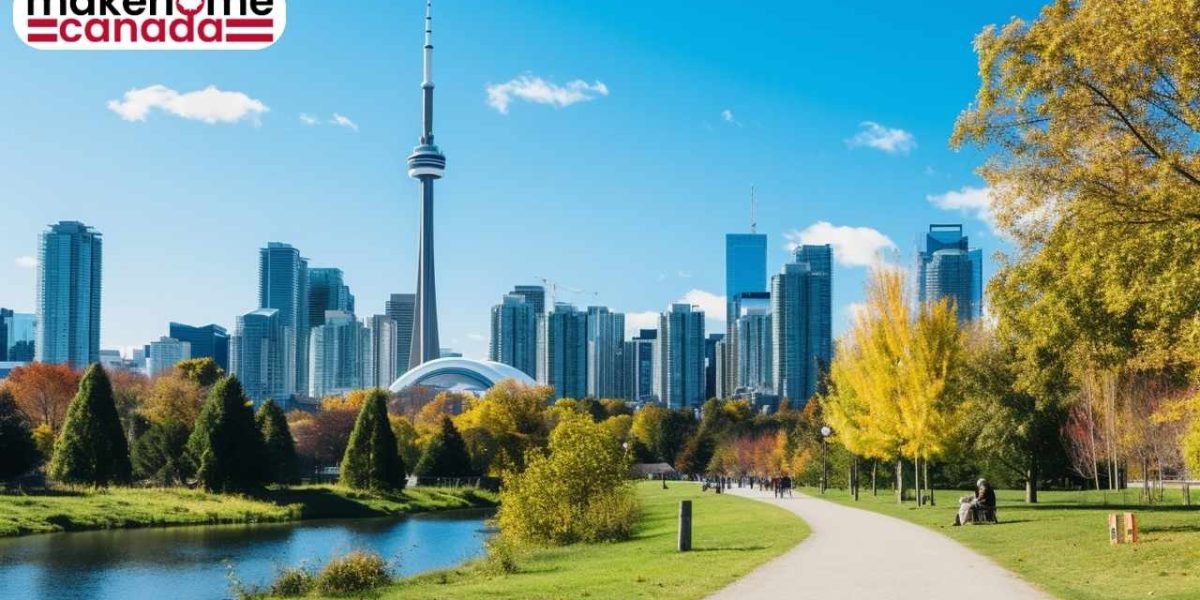PGP welcomed 2065 permanent residents in January 2023. This further implies that the percentage of Permanent Residents who arrived in Canada through the Parents and Grandparents Program in January increased by 60 percent. Contrarily, the number of new permanent residents who came to Canada was nearly 1,300 in January 2022.
However, in 2023, Canada is working toward a new immigration target level of 28,500 permanent residents under the PGP. Conversely, in 2022, 27,255 permanent residents arrived in Canada using the PGP. This figure in 2022 depicts a rise of 132 percent compared to 2021. In 2021, the number was 11,740.
Canada’s Immigration Levels Plan 2023-2025 seeks to receive nearly 465 000 permanent residents in 2023. This year in January, Canada received 50,885 new permanent residents. Moreover, this indicates a rise of nearly 44 percent compared to the 34,450 newcomers to Canada in January 2022.
According to the immigration target of 2023, 106,500 permanent residents fall under the category of Family Sponsorship. Also, this category includes spouses, common-law partners, parents, grandparents, and children under PGP.
Canada has managed to receive over 13,000 new immigrants under spousal and children sponsorship and the PGP.
PGP welcomed 2065 permanent residents in January 2023- how does it work?
Sponsorship of a parent or grandparent’s immigration to Canada is available to Canadian citizens and permanent residents. A parent or grandparent will be given permanent residency in Canada if they gain acceptance under this program, and they may eventually be eligible to seek Canadian citizenship.
In the past, sponsors had to fulfill the below conditions to gain eligibility for the PGP:
- Finished filling out an Interest to Sponsor form on the IRCC website between October 13, 2020 (12 p.m. EDT) and November 3, 2020 (12 p.m. EST).
- Must have been a registered Indian in accordance with the Canadian Indian Act, a Canadian citizen, or a permanent resident of Canada;
- Possess a minimum age of 18;
- Being a resident of Canada (possible applicants must present proof of residency during the Interest to Sponsor phase);
- Exceed the required minimum income level for this specific program (if married or in a common-law relationship, the sponsor’s and spouse’s income may be displayed). Also, present IRCC with proof of income.
- Sign an obligation to provide the sponsored with financial support for 20 years (beginning when they become permanent residents). Also, if applicable, to return the social assistance benefits paid to the sponsored family members for the same 20-year period.
- In case the sponsor lives in Quebec, he might have to sign an additional agreement with Quebec.
PGP lottery
The 2023 PGP’s specifics have not been made public by IRCC. Prior to this year, IRCC used a lottery approach to randomly choose which potential sponsors would get an ITA via the PGP.
Since 2020, every ITA for the PGP has gone to candidates who expressed interest in sponsoring through the PGP between October and November 2020. In October 2022, there was the final PGP lottery. About 155,000 potential sponsors were still in the pool at the time of the lottery in 2022.
Super Visa
The Super Visa, a substitute for the PGP, enables grandparents and parents of Canadian citizens to enter the country as guests for up to five years after their first trip without having to reapply for status.
Parents and grandparents with a Super Visa will be eligible to request an extension, which could grant them permission to stay in Canada as visitors for up to seven years. They can also enter Canada several times for a period of up to ten years. All year long, the Super Visa is accessible.
Parents and grandparents who reside in a nation where a Temporary Resident Visa is necessary for admission into Canada have the option of applying for a Super Visa. They won’t need to keep applying for the TRV because they can travel between Canada and their home country via the Super Visa.
Grandparents and parents from nations with TRV exemption, such as the United States, are also eligible for the Super Visa’s benefits. Canada allows US citizens to enter and stay for up to six months each time. Visitors can travel to Canada and remain for up to five years, each time with a Super Visa.
While the application process is identical to TRV’s, more proof of assistance for parents and grandparents throughout their stay in Canada is necessary. A few of these include:
- An invitation letter from a grandchild or child living in Canada;
- Evidence that the grandchild or child satisfies the Low-Income Cut-Off (LICO) standard;
- Evidence of the parent’s kinship to the kid or grandchild. For instance, a birth certificate naming the parent; and
- Evidence of a Canadian insurance company’s medical insurance policy that has been in effect for at least a year.




